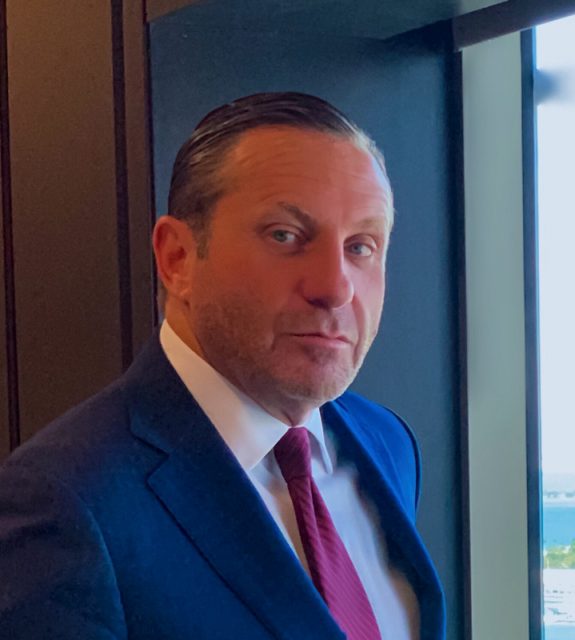An oil transportation entrepreneur convicted of fraud was sentenced to 12 years in prison and a stiff $15 million restitution payment for his role in a multimillion-dollar fraud scheme. Now, he’s appealing to the U.S. Supreme Court claiming the judges’ imposition of restitution sentences based on “facts not found by the jury” is unconstitutional.

Ryan Randall Gilbertson is requesting a review of his 2018 fraud sentence in connection with a $30 million scheme to drive up the share price of the oil transport company he co-founded. It was concluded by the court that Gilbertson used the transloading company, Dakota Plains Inc., to extract millions of dollars in company-paid bonuses on company-owed promissory notes.
Starting in 2011, Gilbertson allegedly had the company issue $9 million in promissory notes to himself and others. Prosecutors said the notes promised holders bonuses based on the trading price of Dakota Plains stock for a specific period of time.
Gilbertson then took Dakota Plains public by way of a reverse merger with an entity called Malibu Club Tan. The day immediately following the reverse merger, a close friend of Gilbertson’s bought 50,000 shares of Dakota Plains stock. They were purchased at $0.50 per share and the friend started selling them at extremely inflated prices.
Prosecutors say during the vital 20-day trading period for the bonuses, Gilbertson and his co-conspirator allegedly manipulated Dakota Plains’ trading price, keeping it at an average of $11.30 per share. This resulted in a company payout of $30 million worth of bonuses, ultimately in the form of shares, to Gilbertson and the other note-holders. This created a debt that the company could not realistically afford and ultimately Gilbertson was found guilty of the manipulation.
The Eight Circuit upheld the original sentence in July, but Gilbertson’s team is taking the appeal to the country’s highest court. “This court’s review is desperately needed. The district court imposed a substantial punishment based on facts that were never found by the jury,” they said in a statement.
During the sentencing in 2018, the district judge used the cash value of the bonus shares to calculate the $15 million dollar amount. However, Gilbertson claims that argument doesn’t quite add up.
He noted that prosecutors admitted at trial that the bonus-payment clause included in the promissory notes was completely legal. He also said the company’s outstanding debt was restructured in a way so that none was directly linked to the bonuses.
That’s why Gilbert’s team feels the restitution amount “was not based on any direct connection between the market manipulation and the ultimate bonus payment, but was instead based on its own finding that the bonus-payment provision was part of the criminal scheme,”
“That result is irreconcilable with the Sixth Amendment and this court’s decisions interpreting it,” he stated.
Read more articles from Haute Lawyer, visit https://hauteliving.com/hautelawyer/


















